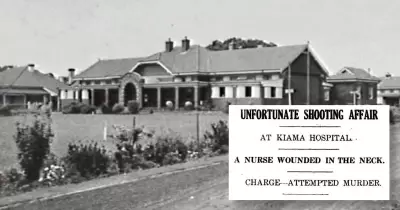
Western Australia's Parliament is set to adopt a more leisurely pace in 2026, with officials booking just 19 sitting weeks for the entire year. The lighter parliamentary schedule has drawn attention as it represents one of the more relaxed legislative calendars in recent memory.
Parliamentary Calendar Details
Speaker Jessica Page has confirmed the 2026 parliamentary sitting schedule, which shows a total of 19 weeks allocated for parliamentary business. The calendar outlines when politicians will gather to debate legislation, scrutinize government decisions, and represent their constituents in the legislative chamber.
The planned sitting pattern follows traditional parliamentary rhythms but with noticeable gaps between sessions. This approach allows MPs more time in their electorates and for committee work, though it also means fewer opportunities for legislative debate and government accountability through question time.
Political Implications and Reactions
Political observers have noted that the lighter sitting schedule could have significant implications for the government's legislative agenda. With fewer sitting days, the government will need to prioritize which bills to bring forward, potentially delaying some policy initiatives.
Opposition parties may also find their opportunities limited for challenging government decisions and policies. The reduced sitting time means fewer question time sessions and less debate on contentious issues that often dominate parliamentary discussions.
The 2026 schedule reflects a continuing trend in Australian politics toward shorter parliamentary sitting years, though the 19-week figure represents a particularly light load compared to some other state parliaments and the federal parliament.
Historical Context and Comparison
When compared to previous years, the 2026 schedule appears consistent with recent patterns in Western Australian politics. However, some parliamentary veterans have expressed concern that reduced sitting time may affect the thorough scrutiny of legislation and government spending.
Supporters of the lighter schedule argue that modern parliamentary work extends beyond the chamber itself. Committee work, electorate responsibilities, and policy development often occur outside formal sitting periods, meaning the actual workload for politicians remains substantial.
The decision ultimately rests with the Parliament's procedures committee, which considers various factors when setting the annual calendar, including school holidays, public events, and the practical needs of government business.
As Western Australia continues to navigate economic challenges and social issues, the balance between parliamentary sitting time and other political work remains a topic of ongoing discussion among political analysts and community stakeholders.






